Let’s Them Eat (and Spell) Knaidel!
Well, the word is out. It is time for a big “Mazel Tov!”
Yiddish, which some have thought was a dying language is actually alive, well and kicking. No longer can Yiddish linguists kvetch (whine) and krechtz (moan) that “Oy, the younger generation is not even speaking Yiddish! Vat is going to become of these uncultured youth!?”
Mazel Tov! Last week, at the Scripps National Spelling Bee in Washington, DC, the winning word (spelled by 8th Grader Arvand Mahnkali), was “Knaidel,” which is the Yiddish word for dumpling. The round soft and fluffy balls, cooked with matzah meal, eggs and oil, and eaten with Bubby’s chicken soup, and often called “matzah balls” by American speakers has now gained fame. The word which derives from German, “knaidel” was used for the national Spelling Bee!
How cool is that! Yes, knaidels are not eaten cool – but hot, but you get the drift here.
Some ardent spellers who viewed the lucky winner spell the word and win his prize, complained that the real spelling for the word should be “kneidel” with an “ei” and not an “ai” because that is more authentic for German. Others questioned whether the word should really be spelled “knaydel”
But most were posting on Facebook the great news! The front page of the New York Times proclaimed the winning word, because it truly was an anomaly, when usually the difficult words are scientific words that are impossible to pronounce.
So here’s to the knaidel – which the facilitators of the Spelling Bee proved last week, can be valid and strong and a sign of America’s growing multiculturalism in language and environment.



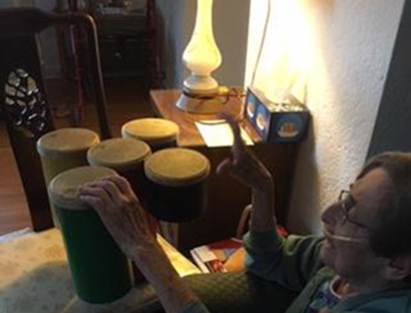





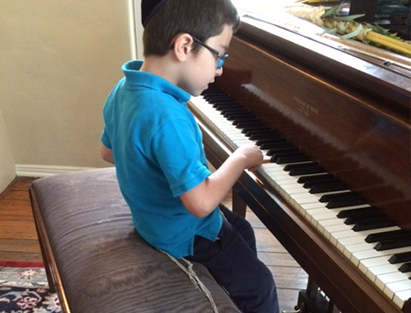
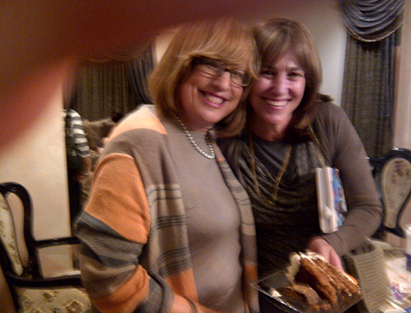
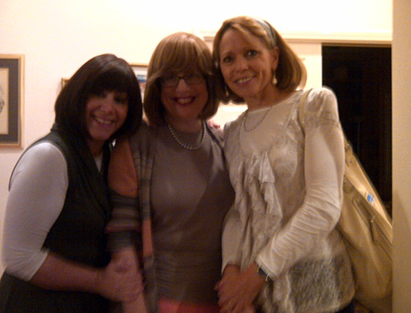



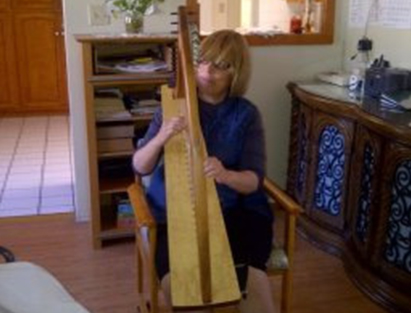



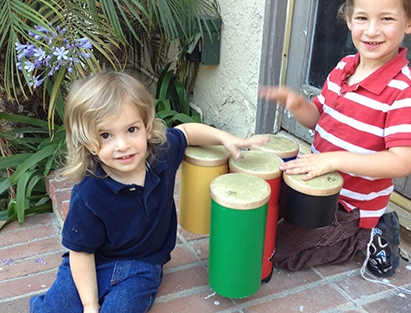

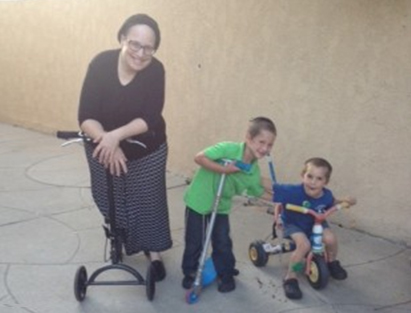
I have mixed feelings about this. Yes, glad that Yiddish is alive and well. But I wouldn’t have thought that knaidel had become so Americanized to qualify as a spelling word in a National Bee. But happy the kid got it and won! So , just shows, what do I know?
I tend to agree with you. When the story first came out, my instinct was that it is very weird to use a word that is not really English. But then I thought how most words stem from German, French, Old English, Latin, Greek etc…so why not this one which stems from German/Yiddish? But I do hear your point! It’s very strange. 🙂 Thanks for your comment…